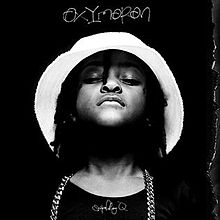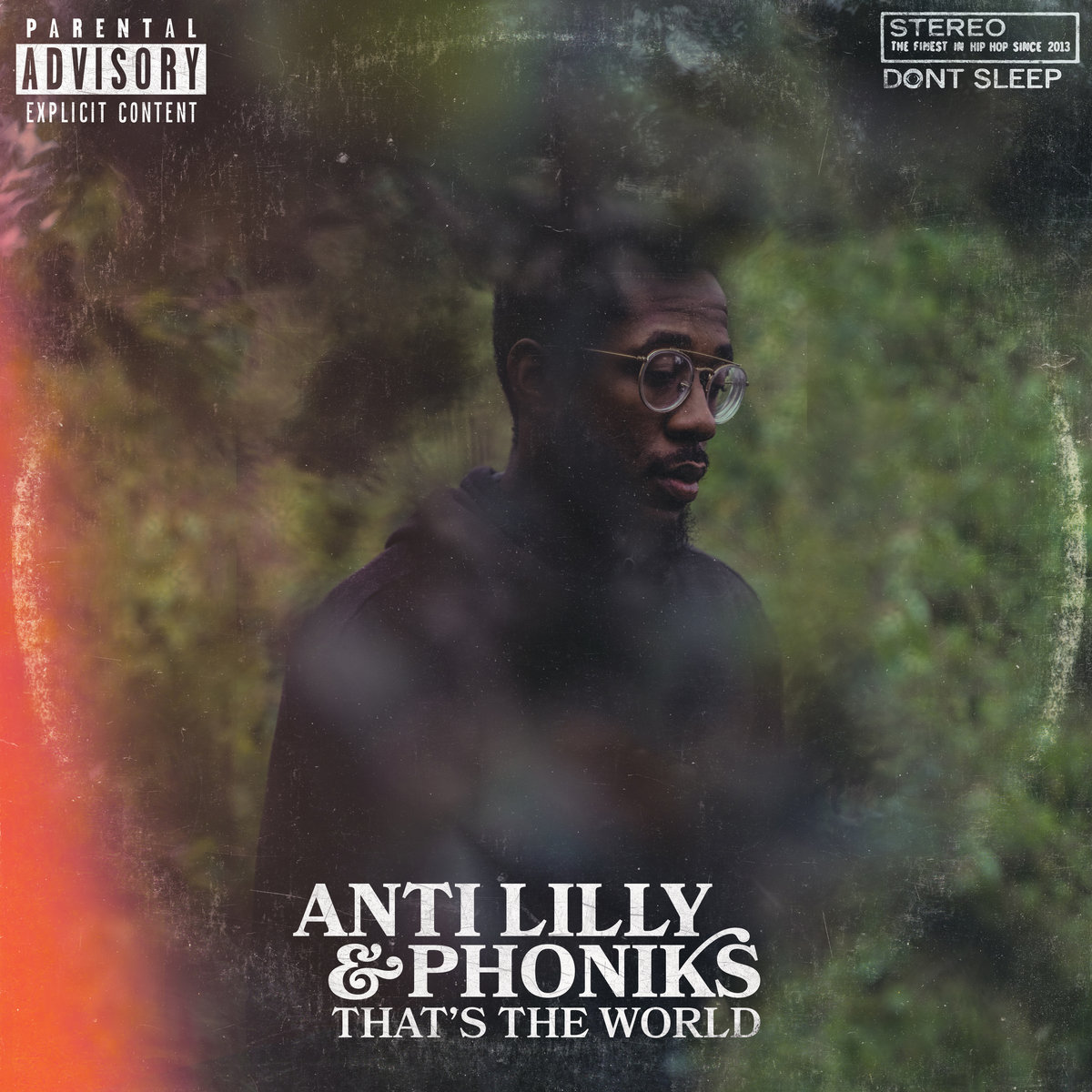By: Tommy “T-Rod” Rodriguez
Quincy Hanley is a man of many layers. On one hand he is ScHoolboy Q the gangsta, a Hoover street resident who totes firepower on both his hip and his tongue. Gangbanging, crime, and excess are this man’s forte…until you look at ScHoolboy Q the artist. This Q is a loving father, a humorous and lively personality that simply wants to make money, remain lowkey, and live for tomorrow.
Obviously, many artists have their own personas in music. The strength of hip-hop is the ability to tell stories from different points of view in order to paint a character portrait. Any rapper will have a party track here, a political one there, all on the same record. Despite the existence of a core storytelling aspect of hip-hop, few artists can truly show the complexities of living with the many aspects of identity all at once. It’s all too easy for an artist to talk about violence and peace and sound inconsistent, or pandering…
But Schoolboy Q is a master of storytelling with his identity. His point of view, as both a father and street veteran, is the perfect one with which to view the complexities of living as a gangsta rapper. He is an oxymoron that is perfectly understandable, and no album tells this better than his 2014 album, Oxymoron.
Q isn’t even the first voice you hear on Oxymoron; instead, the first speaker on “Gangsta” is his daughter, Joyce Hanley. “F**k rap, my daddy a gangsta” she says, before Q comes in with crystal clear storytelling on his first licks. This is essentially the album’s mission statement: violence and peace. Schoolboy Q is a man that is just as full of love as he is grit.
It’s an oxymoron that takes tolls on him in more ways than one.
Throughout Oxymoron, we visit Q’s past in a way that is both horrifying and enthralling. While his current situation as a street-toughened family man is apparent, Q lays the groundwork for the “why” behind his continued appreciation of gang lifestyles. “Los Awesome” paints the loss of life and property in LA with a beat that sounds less like a crime scene, and more like a rave. “Collard Greens” is a celebration of success, although whether it comes from crime or artistry is unclear. All we know is that even in his highest moments, Q thanks his violent upbringing for granting him riches and success.
The key thing to note is that none of the twisted things Q has seen seems to bother him in the album. So far, he’s reveling in excess; why slow down and reflect when you have the ability to hook up with any woman and buy anything like on the trap-banger “What They Want”?
This all changes with “Hoover Street”.
Here, the necessary backstory is fully elaborated upon. The track shows that Q’s fascination with crime is familial, growing up around a paranoid uncle that was clearly involved in drug-dealing. Q’s descriptions of locked bathroom doors and grandparents’ guns creates an environment that is terrifying when it should be safe. To be born into that environment, Q seems to say, is to evolve into a Hoover Street Crip. It seems that this lifestyle also instilled in him a sense of responsibility. His mother worked her ass off for her son as he currently does for his daughter, as he says in this interview with Charlemagne Tha God.
With the groundwork laid for Q’s ideals, the songs “Studio” and “Prescription/Oxymoron” serve as a sea-change for Q’s identity. Here, he plays the smoked out drug addict, a by-product of both his music and criminal careers. Through the haze of weed smoke and Xanax pills, the inner desires for love and duty come out of Q. His lust on “Studio” turns into a frightening inability to speak to his daughter on “Prescription”, a realistic depiction of the many debilitations drugs put on one’s body.
With these effects in mind, Q is reminded of his position as a father and a provider, and decides to return to the studio to make more music, to make sure his rap money can support those he loves. “I just stopped selling crack today” he screams. The gangsta persona is seemingly dropped on “Oxymoron”, a complete contradiction to his love of hedonism and chaos…
But it ain’t that easy to give it all up.
With gangbanging so tied into one’s DNA, it’s hard to drop that part of your identity so easily. As a father and artist, Q remains self-aware but is still drawn to the darkness in his environment. “The Purge” is violent, a complete turnaround of his previous mission statement as a guardian, but now the beat doesn’t sound fun. It sounds dangerous, evil. It only becomes more sinister on “Blind Threats”, as Q looks around and sees the sins he has committed and the terror of the environment he is from. Even so, he’s refusing to put his gun down.
At this point, Schoolboy Q is fully aware, at a crossroads between good and evil. Before he chooses a moral path, he must explore his options. “Hell of a Night” and “Break the Bank” explore Q’s successes as an artist, evoking a wild night at the club as he decides to live in the moment and thrive off the fruits he’s grown. The whole time, however, we catch hints of his harsh past and how it has built him. “Get mine my nickname, O,X, and cocaine” he proclaims on “Break the Bank”. He IS the hustle.
Every action in his life has lead to his success. Q seems to finally find an answer to how he should act, how he should move in the future. He doesn’t take a path of good nor evil; instead he embraces both sides, his past and his future. He may be a father, but he shows appreciation for his gang affiliates. He is a rapper, but he is not worth testing. He loves to make art, but he wants to see the check come through.
This all points to who Q is as a person. He displays the unique blend of personality that many street-born artists have, but so few know how to showcase in their music. He introduces a sense of pride in all aspects of his life as he praises himself on “Man of the Year”. Schoolboy Q is an artist, a Crip, and a father, and he celebrates them all.
Through all his flaws and strengths, he is his own Man of the Year. If that doesn’t speak volumes for a gangsta and family man, I don’t know what will.
SofloSound.com is your one stop shop for a hip hop fan’s music reviews, profiles, and essays. By the youth, for the youth, and allied with all oldheads, everywhere. Leave a comment below on what you want to see next!



Love the review buddy! Sounds like a pretty complex artist and you really dove into it! Keep up the great work!
🔥🔥🔥